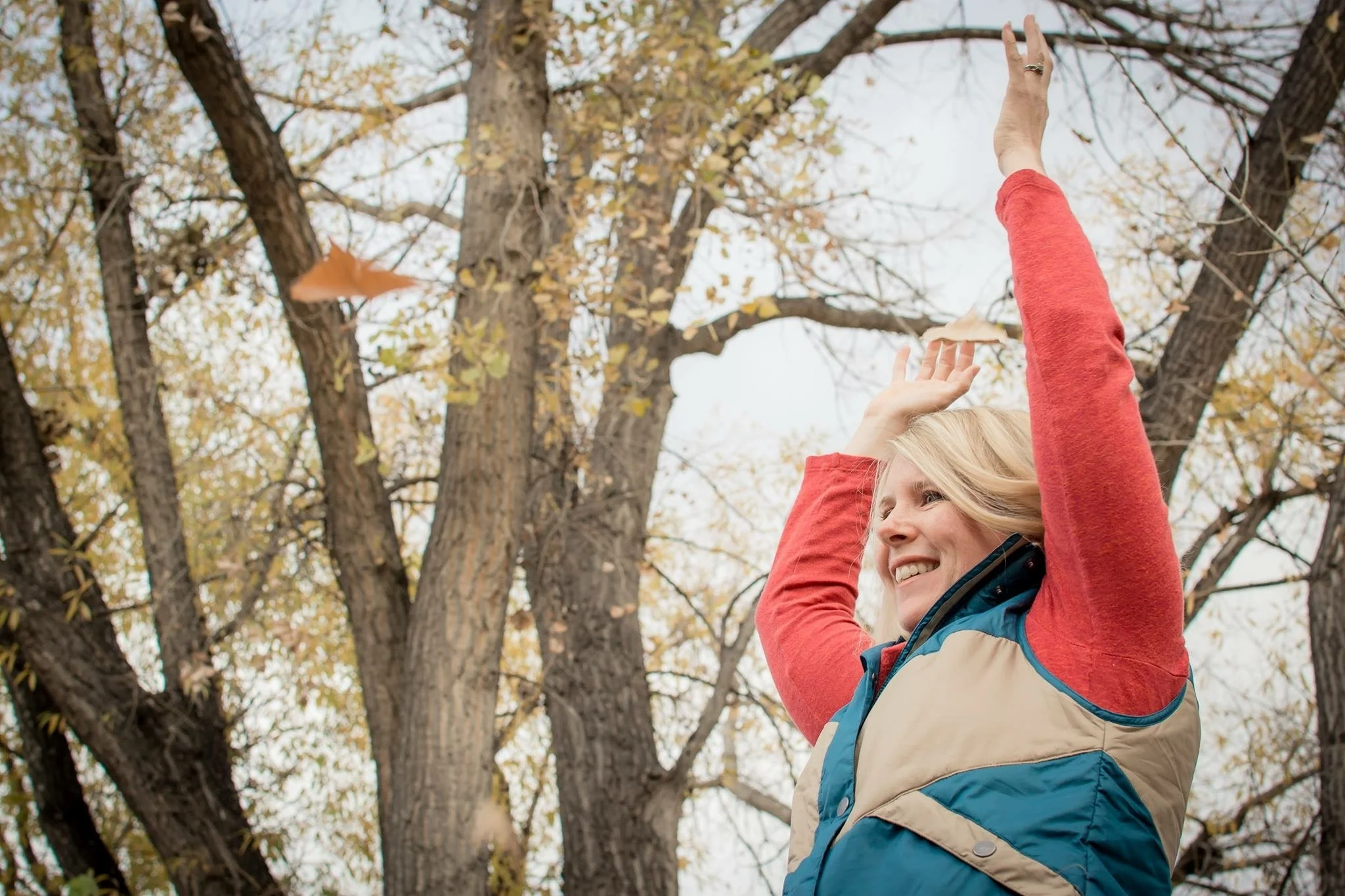Why Tragedy Unites
/
Tragedies like the one in Boston are wild, unbelievable, strange occurrences. Yet they have a unique way of bringing people together. We feel connected
to the tragedy in various ways, strangely wanting to be close enough to feel
like we are a part of something. But fearfully wanting to be just far enough
away that the tragedy doesn’t actually touch us directly. But what is it about
tragedy that draws us in? I admit, as a runner, as a mom, as a human
being, I was drawn in earlier this week. Though I felt rage and sadnes at what
I saw, I could not stop looking. When I first got word of the bombings, I
immediately wanted to feel connected, first to my family, then to my friends,
then via social media, to the world. Why? I believe, at our core, we all want
to feel connected, we want to feel like we are a part of something bigger than
ourselves. And tragedies bring us together. But why? Maybe we somehow feel
unified in our disbelief, our sadness, our anger, our fear, and those feelings
have one thing in common: vulnerability.
So tragedy has a way of bringing us together because when
tragedy strikes, we feel raw and vulnerable, so vulnerable that we are stripped
away of the pride and prejudices that keep us apart on any other day. We are
connected at the core of our humanity. On Monday, when brave men and women ran
straight into the bomb area to help those wounded, do you think anyone said,
“wait, are you a Tea Party member? Because if you are, I can’t give you my
shirt to stop the blood gushing from your leg because I can’t stand the Tea
Party.” Or, do you think that those heroic runners who finished the race and kept
running on to the hospital to donate blood stopped to ask, “Um, is this blood
going to be given to a liberal? Because I refuse to give my precious blood to a
filthy liberal.” NO, I guarantee you that people did not pause to give thought
to the race, religion, or political party of the person they were helping. They
saw hurting, vulnerable people, and in their own raw vulnerability, they ran head-on
into the darkness with light and love. Tragedy has a way of stripping us down
to our most vulnerable selves. And when it does so, we come to find that we
have a lot more in common with each other than perhaps we once thought.
On this 14th anniversary of the Columbine shootings, I am reminded that I was not in the school when the massacre happened. Yet I found myself living smack dab in the middle of that community working with Columbine students and their families a year later. I was not in NY for 911, nor do I personally know anyone who
died in that tragedy, though some of my family lives in Manhattan. I was not in
the Aurora theater when someone opened fire on the innocent victims inside, but
I do live in Colorado. I do not know anyone who was directly affected by the
Sandy Hook shootings, but I have a son who I am preparing my worried little heart to send off to
pre-school next year. When most tragedies happen we can find ways in which we
are somehow connected to them, maybe more accurately to the pain and fear that
those tragedies render. I believe deep
down, we want to feel. We want to be vulnerable. We want to feel anything other
than alone. We want to feel connected. We want to feel understood. We want to
feel loved. But vulnerability isn’t usually very comfortable. And daily life
often doesn’t force us to be vulnerable.
We can live at the surface far too easily.
But tragedy has a way of shaping us forever. As does the way
we respond to it. We proclaim such statements as ‘love wins’ or ‘we’re
stronger together,’ and they are true, yet it is that person who has run into the darkness and
come out the other side into the light for whom those statements hold weight
and take on deeper meaning. It is that person who has allowed themselves to be
stripped down to their most vulnerable state, exposed, and in that place has
both offered and received love and help. It is that person who knows both the
depths of tragedy AND the depths of love and beauty.
Like I said, I haven’t personally been directly affected by
any of the horrific tragedies we’ve seen in the last couple of decades. But when
I think about the ways pain and tragedy have directly touched my life, I
wouldn’t wish those things to happen on anyone. Yet, I can honestly say that
going through those things has made me both stronger and softer, and they have
caused me to love deeper. Or at least to try. I still struggle or perhaps I should
say, resist vulnerability. It is so much easier to keep my walls up, my pride
and prejudices as my shields. Because in doing so, I live under the illusion of
control, the idea that I can keep pain at bay, prevent myself from feeling any
kind of hurt. But what I have come to learn, stubbornly as I may, is that it is
through the deepest hurt and pain that we find the deepest love, connection,
and strength.


